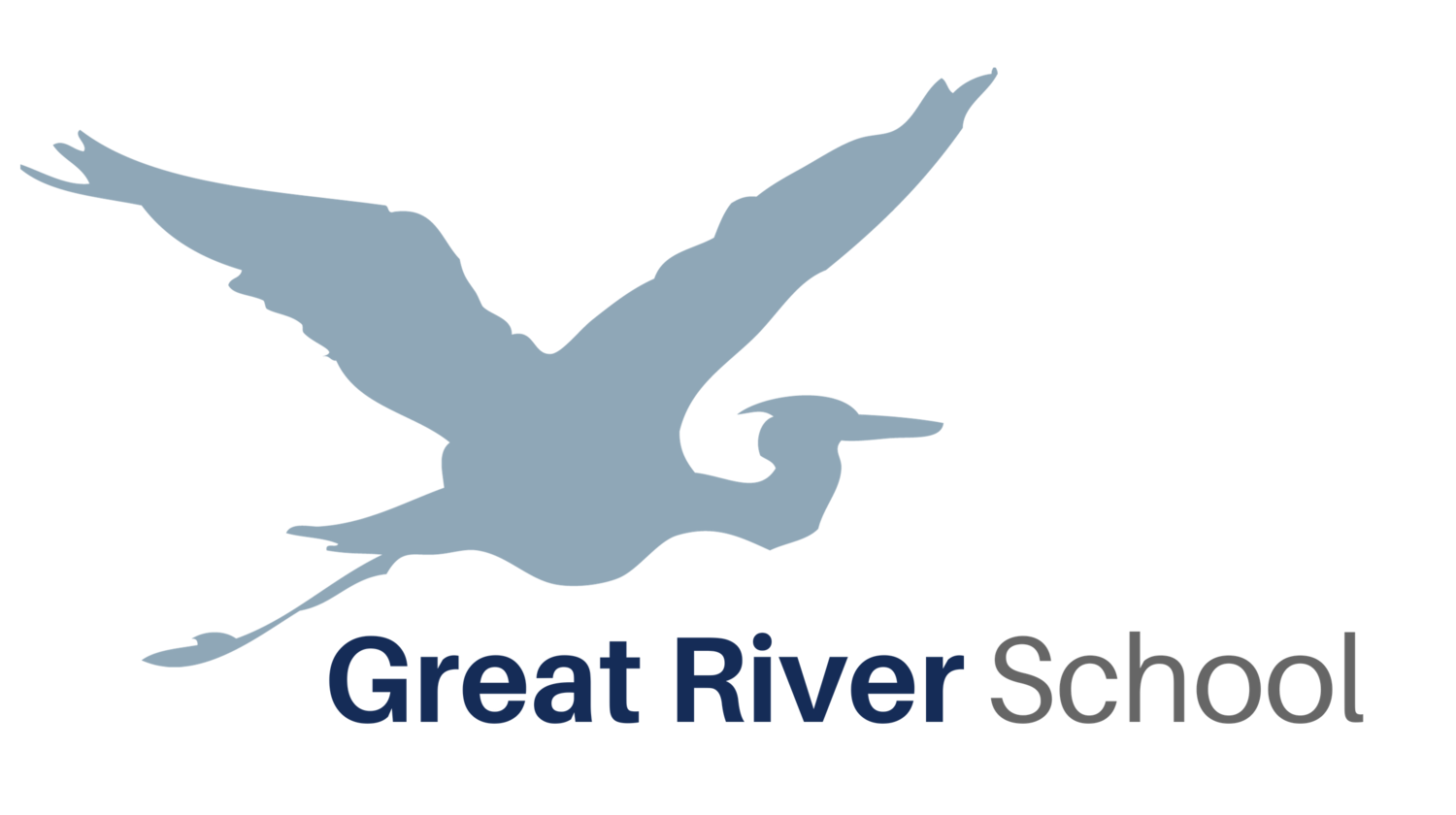Often in our school I see the miraculous presence of restraint and respect - even in situations of conflict. This habit of respect for difference, for competing opinions and competing needs to be held in tension, but not divide us as people. A quality of cooperation in spite of conflict, and restraint instead of aggression, is a skill Montessori students learn at all ages. We should acknowledge as parents, this skill to create peace is generally in conflict with what we see in newspapers, video media, and current events. One google of "language of conflict" and you'll find countless explanations of conflict resolution and processes that reflect the kind of approach we take here at Great River School. (For instance, Restitution - the topic of a parent ed night we hosted on March 31st) Practices like restitution are effective, and they are in opposition to traditional discipline and reward models. (See an article on the effectiveness of restitution here)
One google search for "language of conflict presidential race" and instead of finding references to solutions, we have ample documentation of our society demonstrating a traditional approach to conflict and a 'win at all costs' behavior that ignores a common respect for humanity, difference, and respect between people. Indeed, politics is generally not a place where we can look for an ethical compass. The Maria Montessori quote on peace education is particularly relevant this year: "Building lasting peace is the true work of education, all politics can do is keep us out of war." (Link here if you're interested in a conflict scholar identifying Montessori's contribution to peace education.) And, to be clear, this history of foul political language is not limited to one party or group.
Which is why, in the face of a society where adults are not often in the news cycle for their acts of tolerance and peace building, I'm so proud of our school for supporting *students* as leaders in voicing conflict and finding personal solutions to approach social injustice and seemingly insurmountable social challenges such as racism, poverty, and oppression. Our IRACE event is a student-owned event that is a shining example of discussion, passion, and pain around conflict - but all in a context of respect. This is one of the most difficult challenges any school faces: how to have difficult and relevant conversations. It's one small school we have here, but it's an exemplar model for student leadership and civil language of peace in a world that focuses so often on conflict.
So please ask your student how or if they experience our school as different from other places or other schools they know. By no means are we exempt from bullying, disrespect, or other common challenges among developing humans. However, I am thankful everyday for the culture of respect our students learn and teach each other - they teach me every day.
(A link to our IRACE keynote speaker Kao Kalia Yang: http://www.kaokaliayang.com/ & one example of the artistic performances and message our students were able to hear, analyze, and use a starter to civil conversation: http://www.guante.info/2016/03/guante-katrah-quey-post-post-race.html)
One google search for "language of conflict presidential race" and instead of finding references to solutions, we have ample documentation of our society demonstrating a traditional approach to conflict and a 'win at all costs' behavior that ignores a common respect for humanity, difference, and respect between people. Indeed, politics is generally not a place where we can look for an ethical compass. The Maria Montessori quote on peace education is particularly relevant this year: "Building lasting peace is the true work of education, all politics can do is keep us out of war." (Link here if you're interested in a conflict scholar identifying Montessori's contribution to peace education.) And, to be clear, this history of foul political language is not limited to one party or group.
Which is why, in the face of a society where adults are not often in the news cycle for their acts of tolerance and peace building, I'm so proud of our school for supporting *students* as leaders in voicing conflict and finding personal solutions to approach social injustice and seemingly insurmountable social challenges such as racism, poverty, and oppression. Our IRACE event is a student-owned event that is a shining example of discussion, passion, and pain around conflict - but all in a context of respect. This is one of the most difficult challenges any school faces: how to have difficult and relevant conversations. It's one small school we have here, but it's an exemplar model for student leadership and civil language of peace in a world that focuses so often on conflict.
So please ask your student how or if they experience our school as different from other places or other schools they know. By no means are we exempt from bullying, disrespect, or other common challenges among developing humans. However, I am thankful everyday for the culture of respect our students learn and teach each other - they teach me every day.
(A link to our IRACE keynote speaker Kao Kalia Yang: http://www.kaokaliayang.com/ & one example of the artistic performances and message our students were able to hear, analyze, and use a starter to civil conversation: http://www.guante.info/2016/03/guante-katrah-quey-post-post-race.html)
